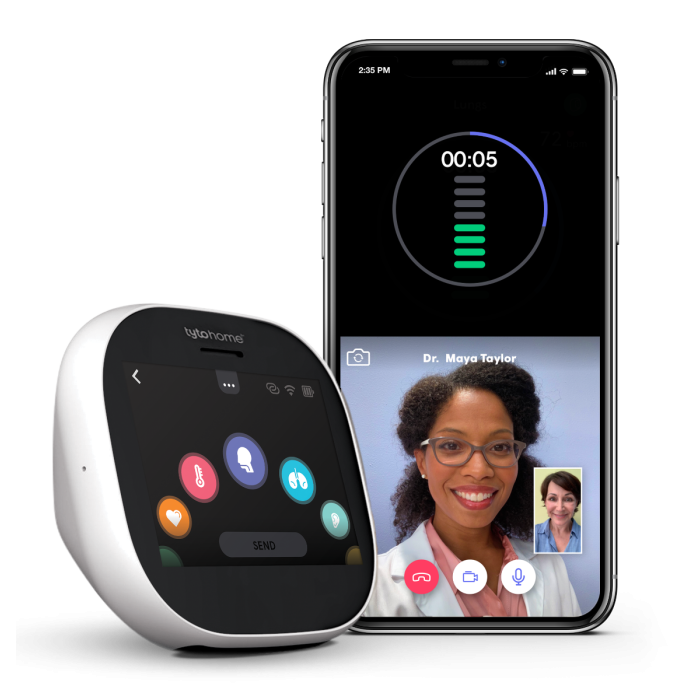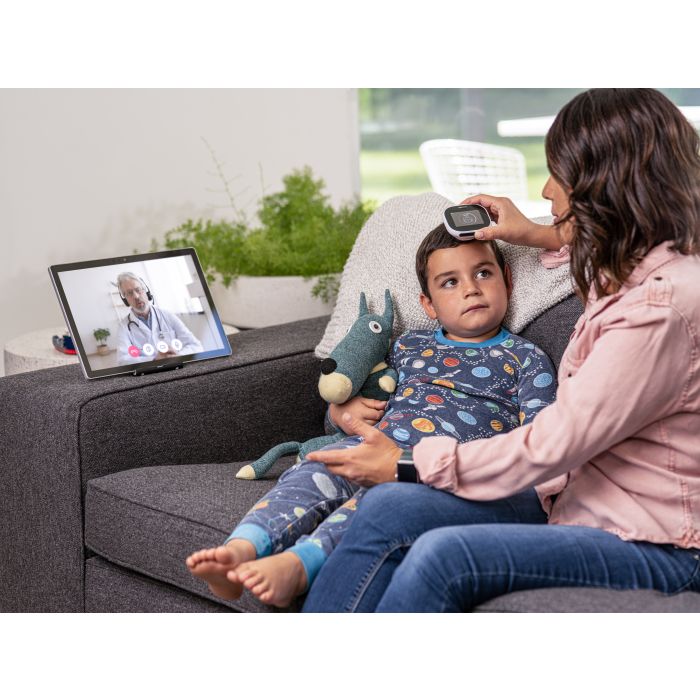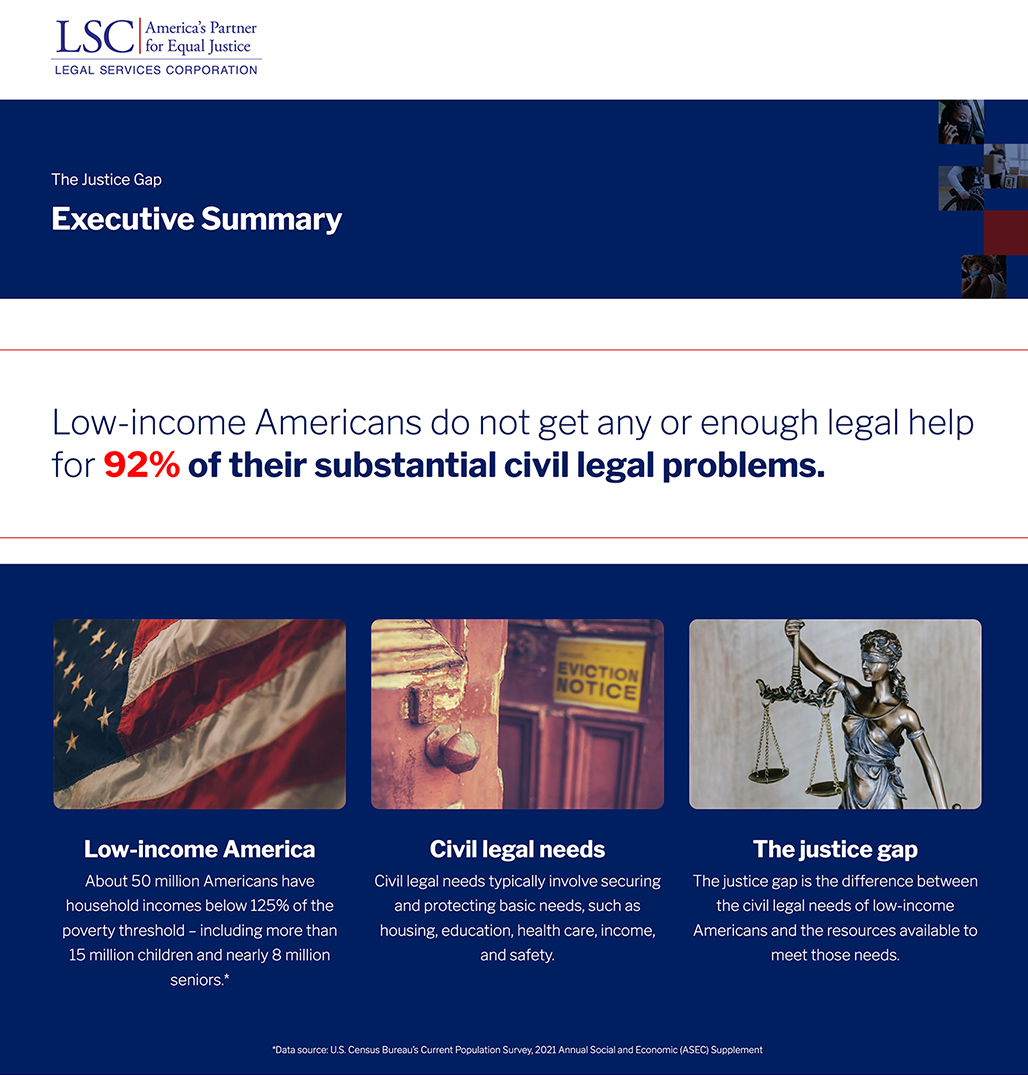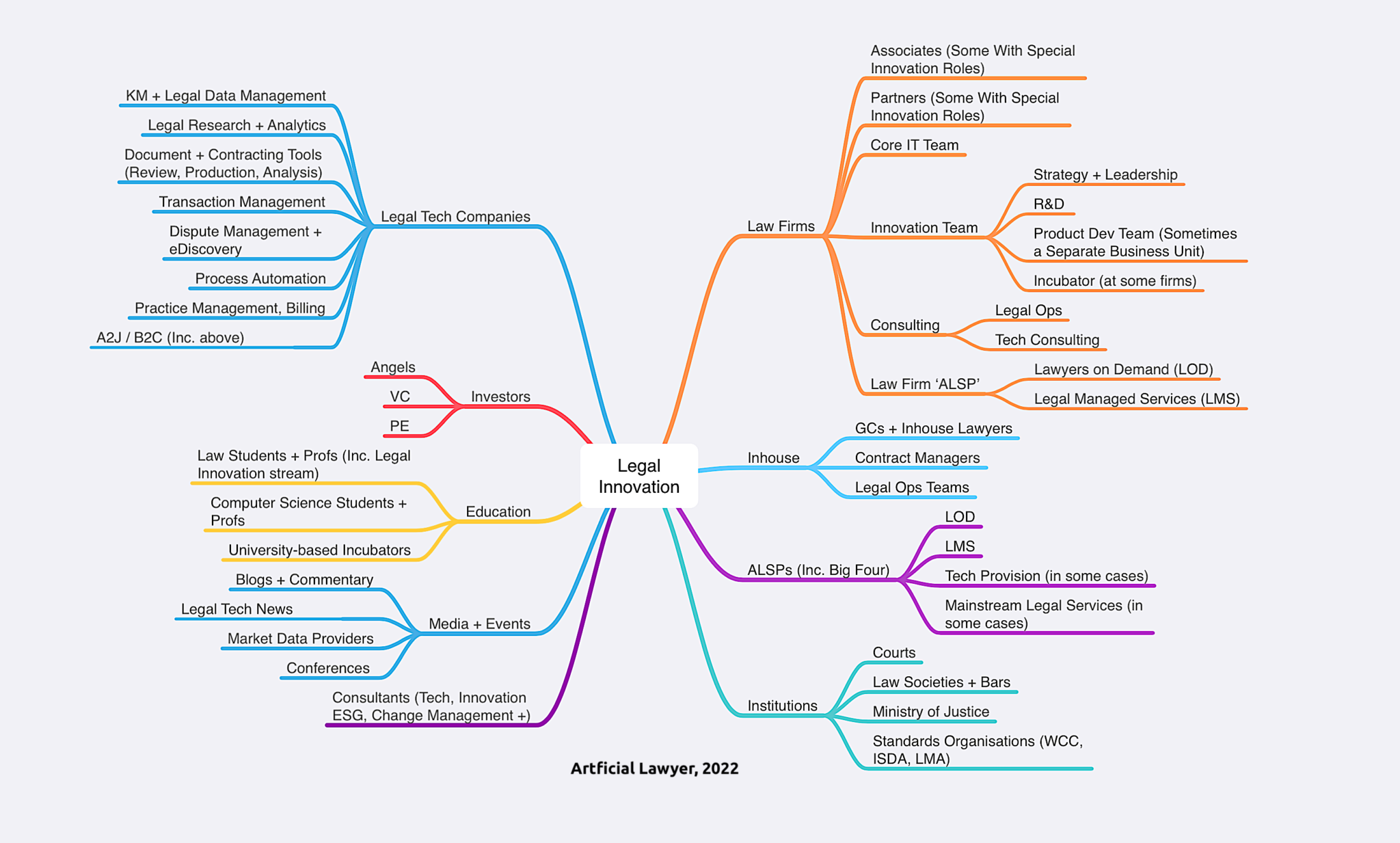From DSC:
Many of the items below are from Laurence Colletti’s posting, Clio Cloud Conference – The Big Return
Clio Cloud 2022: Innovation in the Courts with Judge Schlegel — from legaltalknetwork.com by Laurence Colletti and Judge Scott Schlegel
Episode notes:
The pandemic was a driver for change in justice systems around the globe, but one court’s innovative and inexpensive approach is worth a closer look. Judge Scott Schlegel manages what may be one of the most advanced courts in the United States for delivering justice online. Tune in for his tips on how any jurisdiction in the country can modernize its justice system for under a thousand dollars. Go to https://www.onlinejudge.us/ for all of Judge Schlegel’s recommendations.
Clio Cloud 2022: The Benefits of a Legal Blog — from legaltalknetwork.com by Laurence Colletti and Teresa Matich, Kevin O’Keefe, and Iffy Ibekwe
Legal blog posts are great tools for building relationships with potential clients because they build trust, credibility, and allow you to create a personal connection with your clients.
LawNext Podcast: What Is Justice Tech? A Conversation with Maya Markovich — from lawnext.com by
Excerpt:
An increasing number of startups are defining themselves not as legal tech, but as justice tech. So what, exactly, is justice tech, who are some of the companies that represent it, and what is the business opportunity they present for potential investors? Our guest this week is Maya Markovich, executive director of the Justice Technology Association, an organization formed earlier this year to support companies in the justice tech sector.
Clio Cloud 2022: Insights from Clio’s 2022 Legal Trends Report — from legaltalknetwork.com by Laurence Colletti, Joshua Lenon, and Rio Peterson
Amid Inflation, Rising Interest Rates, and Volatile Employment Markets, Clio takes a look at How Global Trends have Impacted Business and Productivity among law firms.
Clio Cloud 2022: What Lies Ahead for Legal with Jack Newton — from legaltalknetwork.com by Laurence Colletti and Jack Newton
Episode notes:
The world of lawyering has surged in spite of the pandemic, but new adversity looms. Fears over inflation, war, hiring markets, and a recession have left many attorneys wondering how to prepare for the coming months. Jack Newton discusses the concept of anti-fragility and its place as a mental model for law firms as they face an uncertain future. Jack outlines how deliberate preparation can help your law firm thrive in the midst of opposition.
Jack Newton is CEO and co-founder of Clio.
Clio Cloud 2022: How Content Creation Can Grow Your Law Firm — from legaltalknetwork.com by Laurence Colletti
Also related, see:
Virtual Courts Are Not Going Away — from news.bloomberglaw.com by Jon David Kelley
As the pandemic winds down, courts are shifting to a hybrid approach that incorporates remote with live proceedings. Jon David Kelley of Kirkland says virtual courts can expand access to justice, but care should be taken to maintain credible representation.















